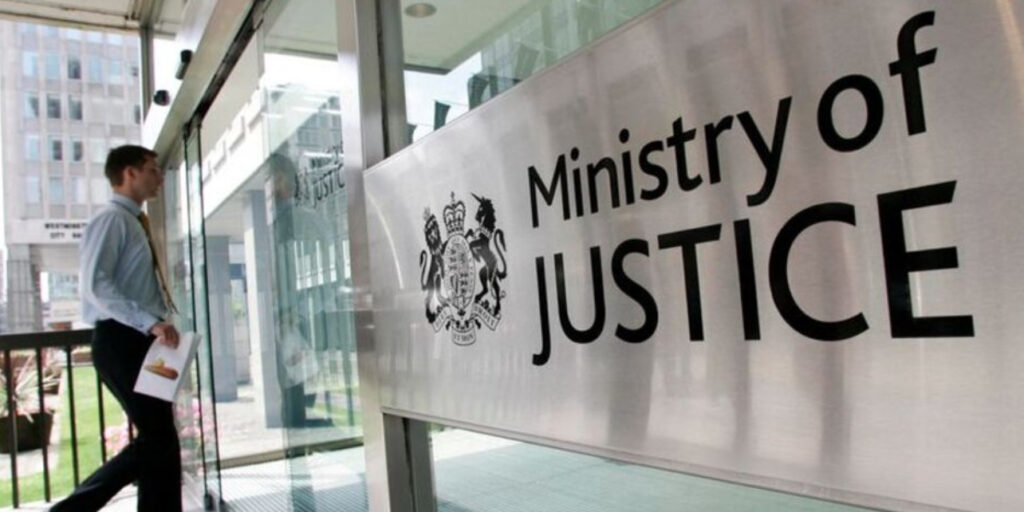The UK government announced on Tuesday that creating and distributing sexually explicit “deepfakes” will soon be a criminal offence, aiming to combat the rising prevalence of such images, which predominantly target women and girls.
Deepfakes, crafted using artificial intelligence, are manipulated videos, photos, or audio clips that appear authentic.
This technology can be exploited to superimpose individuals’ likenesses onto pornographic images without their consent.
While Britain criminalised “revenge porn” — the sharing of intimate images without consent to cause distress — in 2015, the law has not addressed the creation or dissemination of fake images.
According to the UK-based Revenge Porn Helpline, incidents involving deepfake image abuse have surged by over 400% since 2017.
The government’s proposed legislation will empower authorities to prosecute individuals who create or share these explicit deepfake images. “There is no excuse for creating a sexually explicit deepfake of someone without their consent,” the Ministry of Justice stated.
The initiative mirrors earlier plans by the previous Conservative government, which also sought to criminalise sexually explicit deepfakes, with offenders facing fines or imprisonment. However, the Labour government, which assumed power in July, is pressing ahead with new measures.
The Justice Ministry pledged to provide further details on the offence soon, highlighting its commitment to addressing this growing issue.
Additionally, the government plans to criminalise the taking of intimate images without consent and the installation of equipment intended for such purposes. Those convicted could face up to two years in prison.
Victims Minister Alex Davies-Jones condemned the abuse, stating, “This demeaning and disgusting form of chauvinism must not become normalised.”
Meanwhile, Technology Minister Margaret Jones emphasised that tech platforms hosting such abusive content would face stricter scrutiny and severe penalties.
Campaigner Jess Davies described intimate-image abuse as a “national emergency” causing lasting harm to women and girls.
“Victims are left powerless over their digital footprint, subjected to relentless online misogyny,” she said.
The proposed laws will be introduced as part of the Crime and Policing Bill, with a parliamentary date yet to be confirmed.
This legislative step underscores the UK government’s determination to tackle the growing misuse of technology to exploit and harm individuals.


